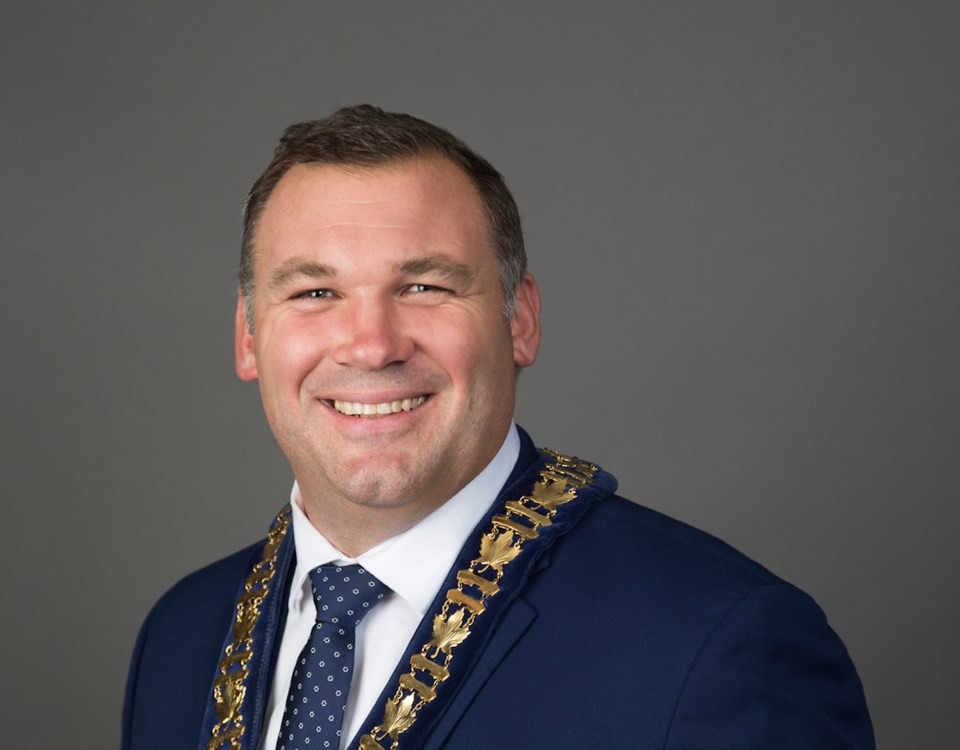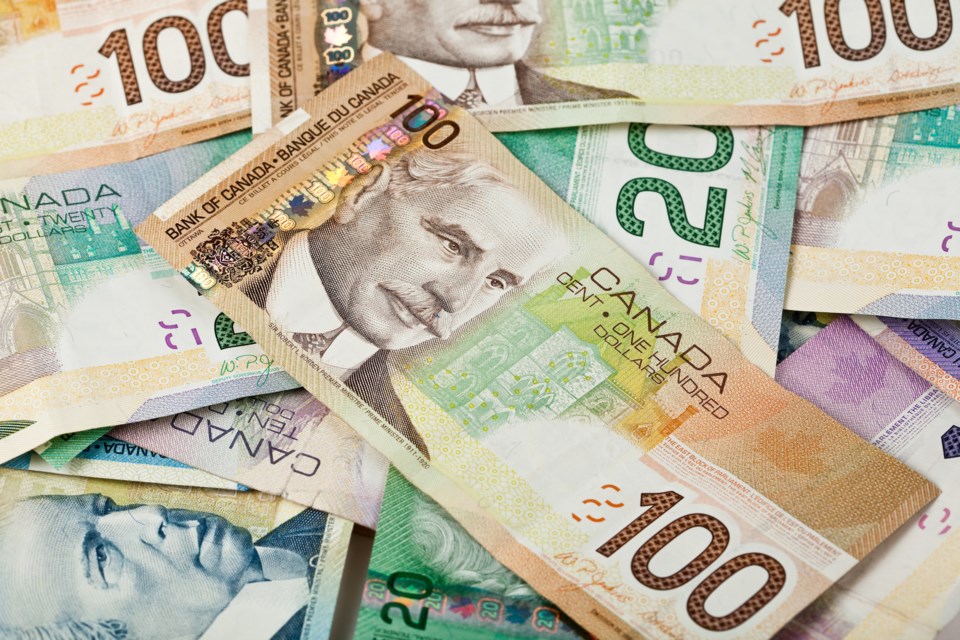Barrie homeowners face a 1.06 per cent property tax increase on just the city operating portion of the 2024 budget.
That’s before tax increases for infrastructure — roads, pipes, bridges and buildings — along with those for the city’s service partners (Barrie police, the County of Simcoe and Barrie Public Library) are determined.
“I think times are tough and people are having difficulty making ends meet and I think that council’s got a lot of work to do,” Mayor Alex Nuttall said of the budget process.
City staff will present the 2024 operating and capital budgets at the Nov. 22 finance and responsible governance committee meeting. Councillors will discuss and make changes to the budgets beginning at the Nov. 29 general committee meeting and are scheduled to give final approval at the Dec. 6 city council meeting.
Service partners make their presentation to councillors on Jan. 17, 2024, then those budgets go to general committee on Jan. 24 and council on Jan. 31.
Only once the operating, capital and service partners budgets are approved will Barrie homeowners know the full extent of their property tax increase.
Driving next year’s tax increase on the city portion of the operating budget is a $9.2 million or 2.88 per cent hike in costs just to maintain Barrie’s service levels, although this is partially offset by an anticipated $6 million increase in property tax assessment next year.
That 1.06 per cent increase in the city portion of the operating budget would add $50 to the property taxes for a typical Barrie home, assessed at $368,000 and with a 2023 tax bill of $4,724, making its taxes $4,774 next year.
“The city’s operating budget has a 1.06 per cent increase recommended by staff,” Nuttall said. “So that’s the information we have to work with now. As the rest comes in we’ll work with it.”

The rest will deal with increases to infrastructure, capital works and for the service partners, which could be substantial.
Barrie police, for example, typically comprise about 20 per cent of city spending.
And police spending is historically the largest portion of Barrie’s annual operating budget: this year it’s 22.1 per cent, it was 21.8 per cent last year and 22.2 per cent in 2021.
The County of Simcoe, another city service partner, supplies land ambulances and paramedics, health and emergency services, Ontario Works, children’s services, social housing, long-term care (LTC), seniors services and community services, which includes homelessness, to the city, which gets an annual bill.
The city also has taxpayers contribute to infrastructure investment funding (IIF), formerly the dedicated infrastructure renewal fund (DIRF), used to replace and renew Barrie’s roads, pipes, buildings and bridges. It’s slated for a two per cent increase next year, which is a $94.36 increase to the property tax bill for a typical home in 2024.
What the city calls its user-rate budget for water requires a 3.97 per cent annual rate increase, or $15.42 more next year for a typical Barrie home.
For wastewater (sewer), the rate increase would be 4.94 per cent, or $27.61 more for a typical home.
For a typical household that uses 180 cubic metres of water and wastewater annually, the 2023 cost of water services is $389 and for wastewater services $559. Those annual bills would increase to $404.42 and $586.61 respectively next year.
The city’s 2024 capital budget totals almost $310.86 million. Of that total, there’s an estimated carry forward of $168.8 million and $142 million of previously approved funding requests.
Key projects in 2024 include the construction of Bryne Drive South from Harvie Road to north of Caplan Drive, building the Allandale and downtown transit mobility hubs, constructing Duckworth Street from Bell Farm Road to St. Vincent Street and the new transmission watermain and road expansion on Bayview Drive, from Little Avenue to Big Bay Point Road.
Capital spending is funded from a combination of property taxes, development charges, issuing debt, grants, rates and reserves.
Development charges are designed to recover the capital costs associated with residential and non-residential (commercial, industrial, institutional) growth within a municipality from developers, so that existing residents don’t have to foot the bill for new residents.
Barrie’s annual operating and capital budgets not only set property tax rates, but levels for more than 60 services such as fire fighting, snow clearing, road repairs, transit, parks and recreation and water treatment.
The city's 2023 operating and capital budgets resulted in a 2.89 per cent property tax hike for Barrie homeowners. On the typical Barrie home assessed at $365,040, that increase equaled $134 more this year — bringing its total taxes from $4,612 in 2022 to $4,746 in 2023.



